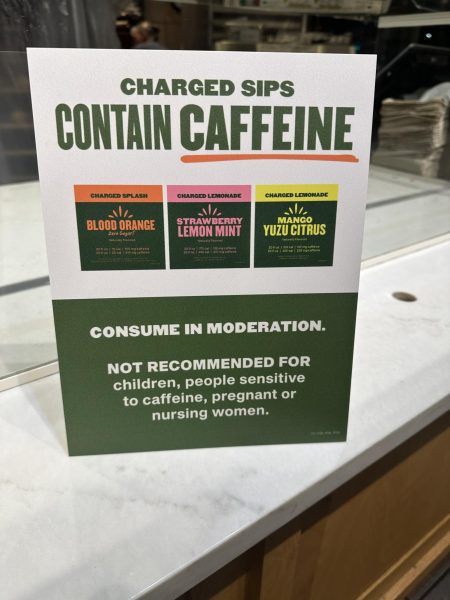21-year-old Penn State student, Sarah Katz, passed away on September 10, 2022, after drinking Panera’s charged lemonade. The charged lemonade contains 390 milligrams of caffeine, more than a can of Red Bull and Monster energy drink combined. Sarah Katz had a heart condition that made her more prone to go into cardiac arrest from the caffeine consumption; however, Sarah’s family believes that Panera should more visibly display the caffeine amounts.
Sarah Katz’s family has sued Panera with the argument that Panera failed to appropriately warn customers of the caffeine amounts. The Charged Lemonade is described as a “dangerous energy beverage” in the court filing, with more caffeine than Panera’s dark roast coffee in addition to sugar and another stimulant. According to reports, the large Charged Lemonade has 390 mg of caffeine, which is only 10 mg less than the 400 mg daily limit that is advised for healthy people.

According to the petition, Sarah Katz died, and the medical examiner’s report indicated that her cardiac arrhythmia was caused by long QT syndrome. Sarah had been instructed not to drink energy drinks because of their high sugar content and added stimulants compared to coffee. The family filed the complaint to draw attention to the parts in the drink, get it taken out of Panera’s menu, and push for FDA regulations about energy drinks. Crawford clarified that energy drinks can now avoid caffeine limits because they qualify as supplements, which permits makers to add unlimited levels of caffeine.
Panera now is posting disclosure about the drink. The disclosure stated that the charged lemonades should be drunk “in moderation” and also provided a warning to children and those who are sensitive to caffeine should stay away from the drinks. Attorney Crawford feels that the disclosures “fall short” of what Panera should do. Crawford believes that Panera should stop selling these drinks altogether to prevent any future issues.






